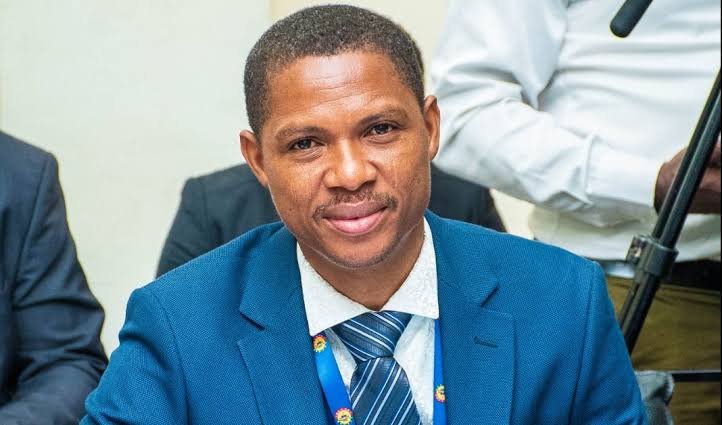
NDC MPs back Supreme Court’s ruling on anti-LGBTQ bill petition

Members of Parliament (MPs) from the National Democratic Congress (NDC) have welcomed the Supreme Court’s decision to dismiss a petition filed against the Human Sexual Rights and Family Values Bill.
This follows the ruling by a seven-member panel of the Supreme Court, led by Justice Lovelace Avril Johnson, which unanimously dismissed a petition filed by broadcast journalist and lawyer, Richard Dela Sky.
The petition had challenged the constitutionality of the anti-LGBTQ bill. But the Court ruled that, as the bill has not yet become law, its constitutionality cannot be contested.
Speaking to JoyNews after the ruling, NDC MP for Madina, Francis-Xavier Sosu, stated that the Supreme Court had finally made the right decision.
According to Mr Sosu, the apex court upheld the principles of the law, affirming that Parliament was the legislative arm of government and that its work ends with presidential assent.
“I think the action filed by Richard Sky was quite premature, and I believe what the Supreme Court did today, with all due respect to Mr Sky and his lawyers, was simply upholding the rule of law and the separation of powers, which, until recently, the Supreme Court had not consistently done,” he said.
Mr Sosu noted that, in recent times, the Supreme Court had appeared to interfere in the work of Parliament.
However, he described the Court’s dismissal of the case against the anti-LGBTQ bill as a departure from that trend.
“Clearly, what the Supreme Court has done today is to distinguish itself or perhaps take a second look at the way it interferes with the work of Parliament. The Court has now determined that the work of Parliament does not end until the President decides to assent or not to assent,” he explained.
The Madina legislator stated that the responsibility now lies with President Akufo-Addo to either sign the bill into law or provide reasons for withholding his assent.
He explained that if the President refused to assent to the bill, the Constitution outlines the next steps: thus the President must convey his reasons in a memorandum to Parliament, which may then decide whether to amend the provisions of the bill or take other appropriate actions.
“It is up for the President to now either assent or not assent, but whatever be the case, there’s room in the law for the President to let Parliament know the reasons for which he does not want to assent and which provisions of the law he has problems with and what proposals he has for parliament,” Mr Sosu said.
He further observed that the current 8th Parliament may not have sufficient time to deliberate on the bill.
“However, we leave it to the President to decide what he will do with this bill,” he said.
Mr Sosu added that if the bill expires with the 8th Parliament, it could be reintroduced in the 9th Parliament.
Read Next
December 20, 2024
Fight against corruption: ORAL not for witch-hunt …Pres-elect insists
December 20, 2024
Parliament gets new Clerk
December 20, 2024
AngloGold Ashanti invests GH¢1.5m in Obuasi
December 20, 2024
Disputed December 7 election results: EC rejects Ablekuma North, Okaikwei Central collation results
December 20, 2024
East Legon accident: Bishop Salifu Amoako’s son jailed 6 months
December 19, 2024
Fight against corruption: President-elect constitutes ORAL committee …to recover corruption proceeds
December 19, 2024
Sunyani East IPC congratulates winner of constituency seat
December 19, 2024
Lawyer petitions President to remove Chief Justice
December 19, 2024
Retain Afenyo-Markin as leader – First Deputy Speaker
December 19, 2024









